
Chondrichthyes General Characteristics and Examples Free Biology
Abstract - Data on chondrichthyes fished during 16 surveys as part of the MEDITS project carried out from 1994 to 2009 on trawlable bottoms up to 800m depth in all seas around Italy are.

Chondrichthyes Priestley's Marine Biology Project
Chondrichthyes or cartilaginous fishes are the sharks and their relatives. They have jaws and paired fins, paired nostrils, scales, two-chambered hearts, and skeletons made of cartilage rather than bone. They are divided into two subclasses: Elasmobranchii ( sharks, rays and skates) and Holocephali ( chimaera, sometimes called ghost sharks).
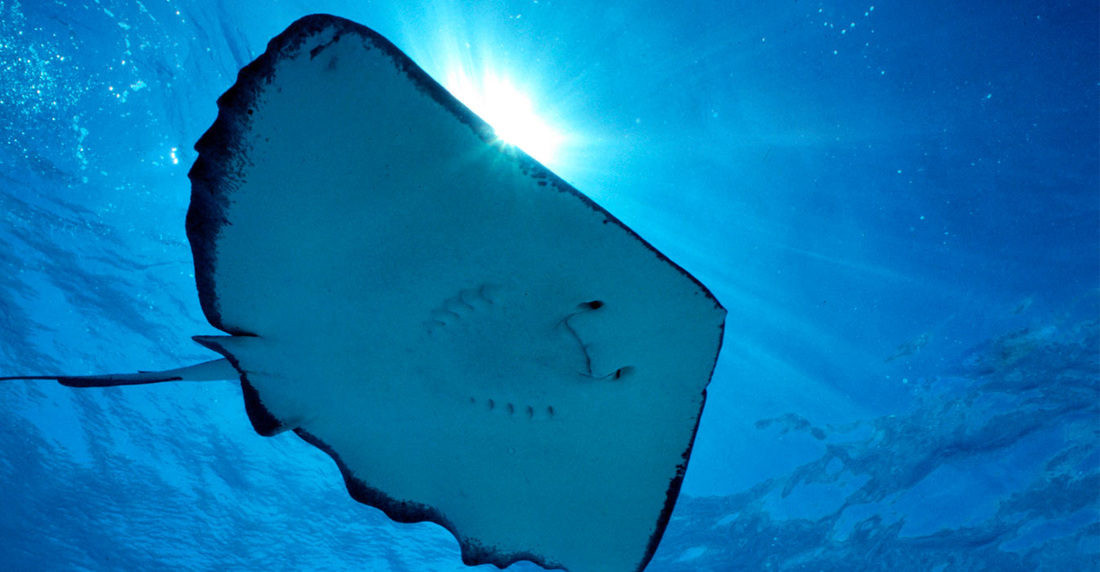
Campbell's Souper Biology Chondrichthyes
Chondrichthyes egg cases of the Mediterranean and Black Sea, The European Zoological Journal, 88:1, 436-448, DOI: 10.1080/24750263.2020.1862926 To link to this article: https://doi.or g/10.1080.
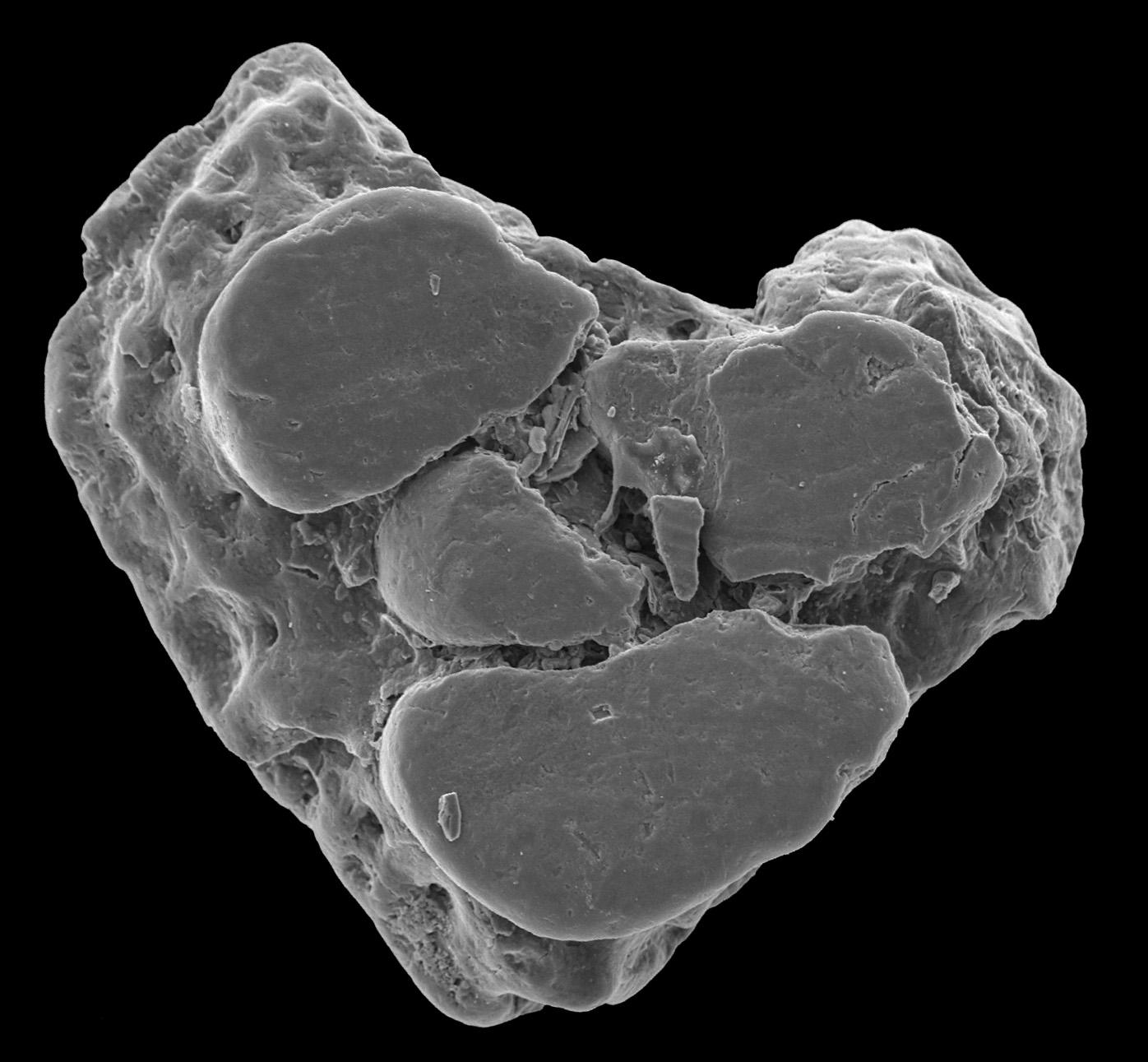
Fossiilid.info Chondrichthyes
Understanding key aspects of the biology and ecology of chondrichthyan fishes (sharks, rays, and chimeras), as well as the range of threats affecting their populations is crucial given the rapid rate at which some species are declining. In the Eastern Tropical Pacific (ETP), the lack of knowledge, unreliable (or non-existent) landing statistics, and limited enforcement of existing fisheries.

Chondrichthyes.
Stazione Zoologica Anton Dohrn-Italian National Institute for Marine Biology, Ecology and Biotechnology F. Ferretti Virginia Tech F. Fiorentino Institute for Marine Biological Resources and Biotechnology, National Research Council (CNR-IRBIM) J. Jenrette Virginia Tech S. Moro Sapienza University of Rome
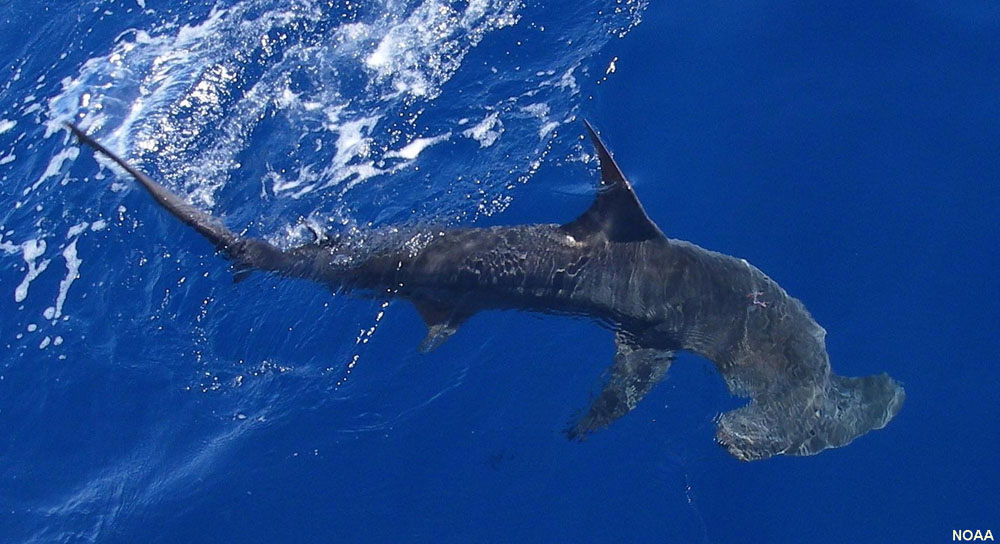
Chondrichthyes The three Domain System
Chondrichthyes (/ k ɒ n ˈ d r ɪ k θ i. iː z /; from Ancient Greek χόνδρος (khóndros) 'cartilage', and ἰχθύς (ikhthús) 'fish') is a class of jawed fish that contains the cartilaginous fish or chondrichthyians, which all have skeletons primarily composed of cartilage.They can be contrasted with the Osteichthyes or bony fish, which have skeletons primarily composed of bone tissue.
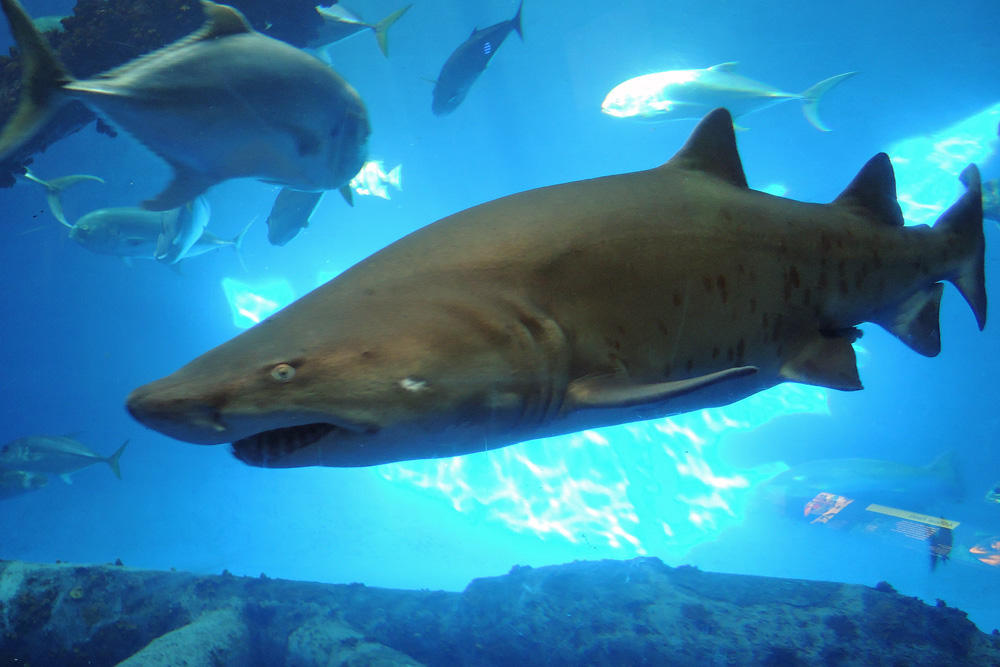
Chondrichthyes "In Every Walk With Nature..."
In the present work, an overview of the demersal (sharks‐chimaera) and bottom dwelling (batoids) of experimental survey international bottom trawl survey in the mediterranean (MEDITS) data, from 1994 to 2013, is provided. The analysed data refer to a wide area located off the southern coast of Sicily, namely south of Sicily (according to the general fisheries commission for the mediterranean.
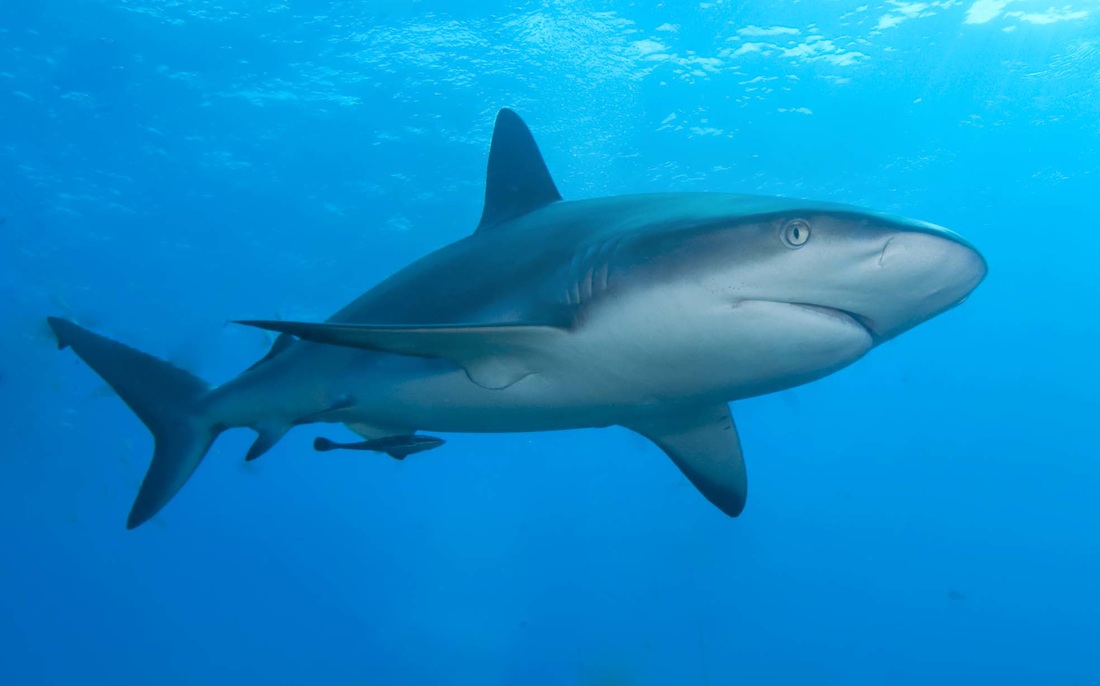
Class Chondrichthyes Phylums of kingdom animalia
This collection represents the third in Italy for number of items and, with a total of 45 species placed in 21 families, is among the most important Chondrichthyan collection housed in Italian naturalistic museums. In particular, with 145. Elasmobranchs Pleurotremata (26 species) the collection is the fourth in Italy for number.
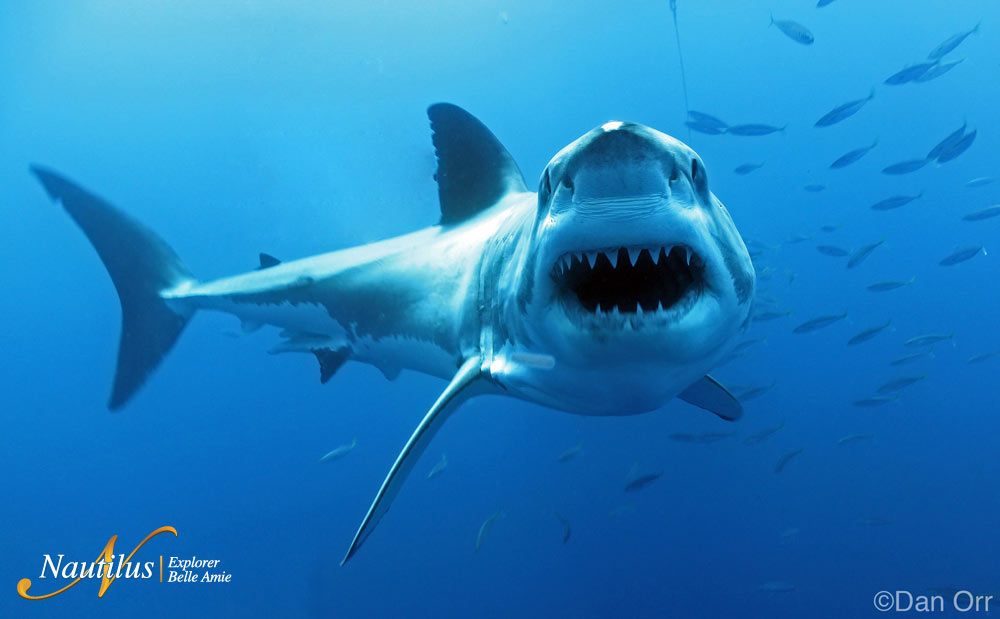
Chondrichthyes
DOI: 10.1080/24750263.2020.1805518 Corpus ID: 226324086; Species diversity, taxonomy and distribution of Chondrichthyes in the Mediterranean and Black Sea @article{Serena2020SpeciesDT, title={Species diversity, taxonomy and distribution of Chondrichthyes in the Mediterranean and Black Sea}, author={Fabrizio Serena and {\'A}lvaro Abella and Filippo Bargnesi and Monica Barone and Francesco.
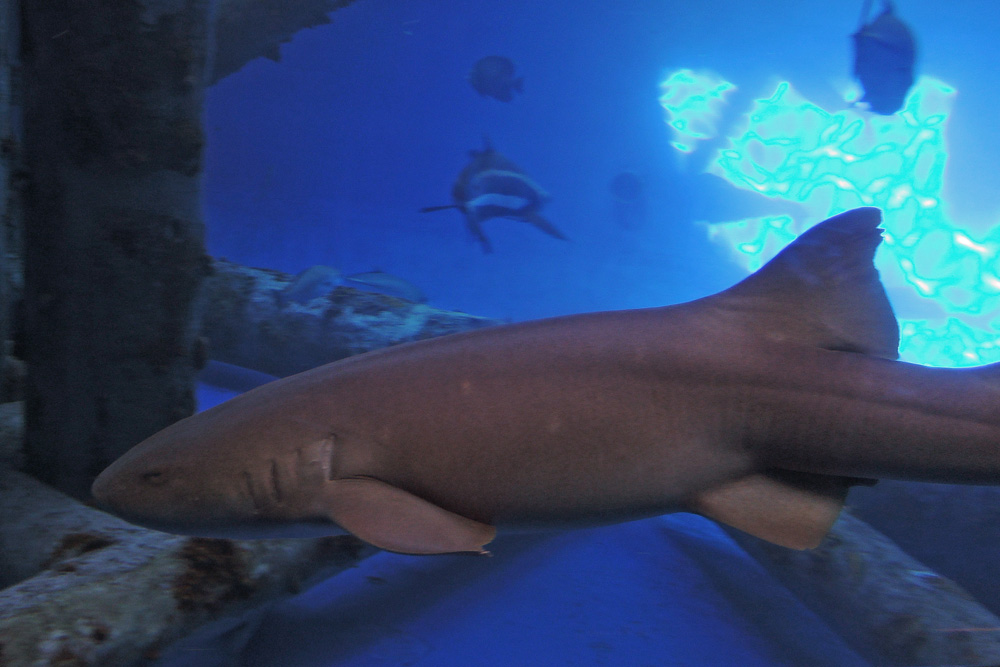
Chondrichthyes "In Every Walk With Nature..."
Sharks, batoids (rays and skates), and chimaeras are grouped in the class Chondrichthyes. 1,282 species of chondrichthyans are described globally. These include 1,226 of Elasmobranchii species (537.
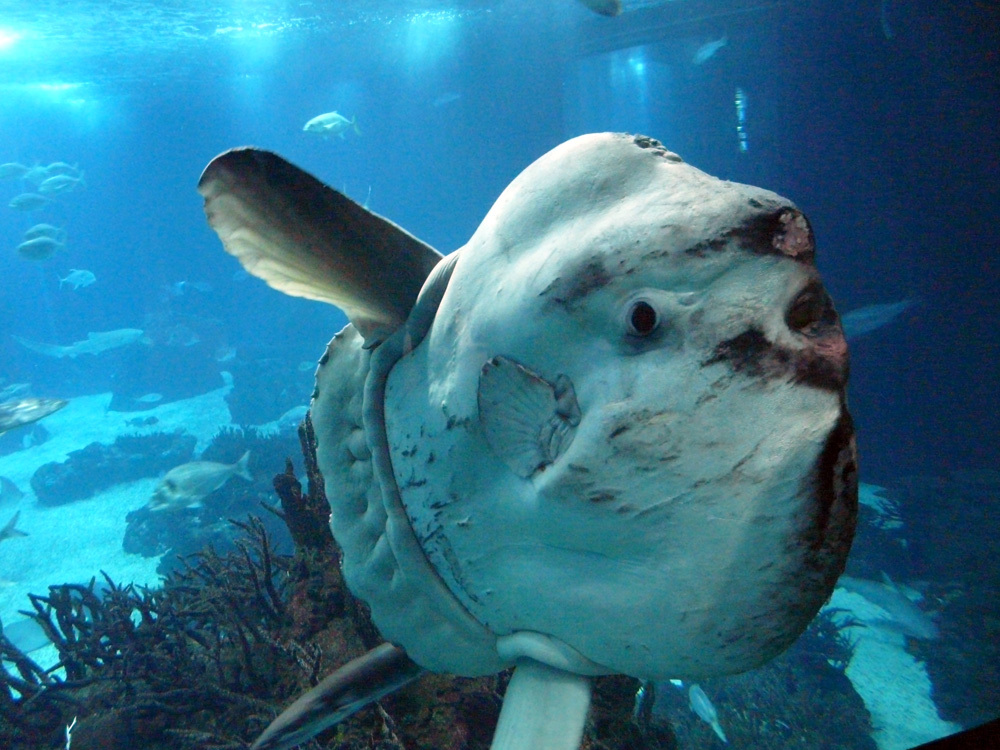
Chondrichthyes and Osteichthyes Marine Life
chondrichthyes have increased markedly, although DEEP WATER CHONDRICHTHYES SPECIES IN THE MEDITERRANEAN SEA153 SCI. MAR., 68 (Suppl. 3):. Università degli Studi, Via E. Orabona 4, 70125 Bari, Italy. E-mail: [email protected] 2 Institut de Ciències del Mar (CSIC), Passeig Marítim de la Barceloneta 37-49, 08039 Barcelona, Spain.
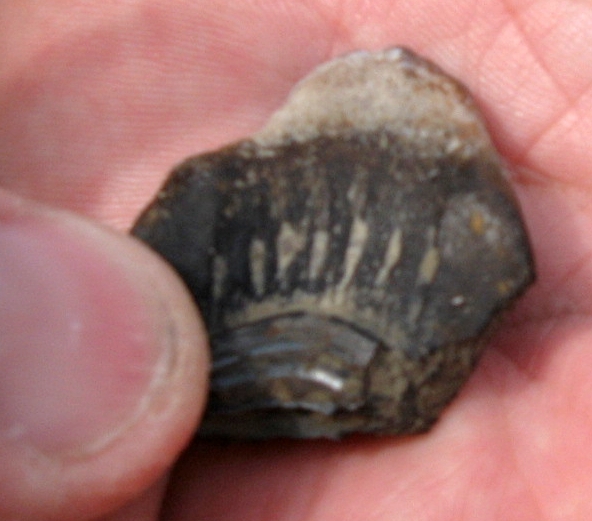
Class Chondrichthyes Kansas Geology
This chapter reviews the current state of knowledge about global chondrichthyes bycatch, including how the combination of biological characteristics of these species and the impact of different fishing methods reflect their vulnerability to bycatch. Specifically, it summarizes the present status of elasmobranchs and chimaeras bycatch worldwide. Following this, it illustrates the main.

Chondrichthyes/Osteichthyes
In 2014, the first global assessment of Chondrichthyes predicted that 24% of 1,041 species of sharks, rays and chimaeras were threatened. Now, a reassessment by Dulvy et al., in Current Biology.

Chondrichthyes and osteichthyes Marine biology
Institute for Biological Resources and Marine Biotechnology (IRBIM), National Research Council - CNR, Via Vaccara, 61 - 91026, Mazara del Vallo (Tp), Italy Alvaro Abella ARPAT, Livorno, Italy
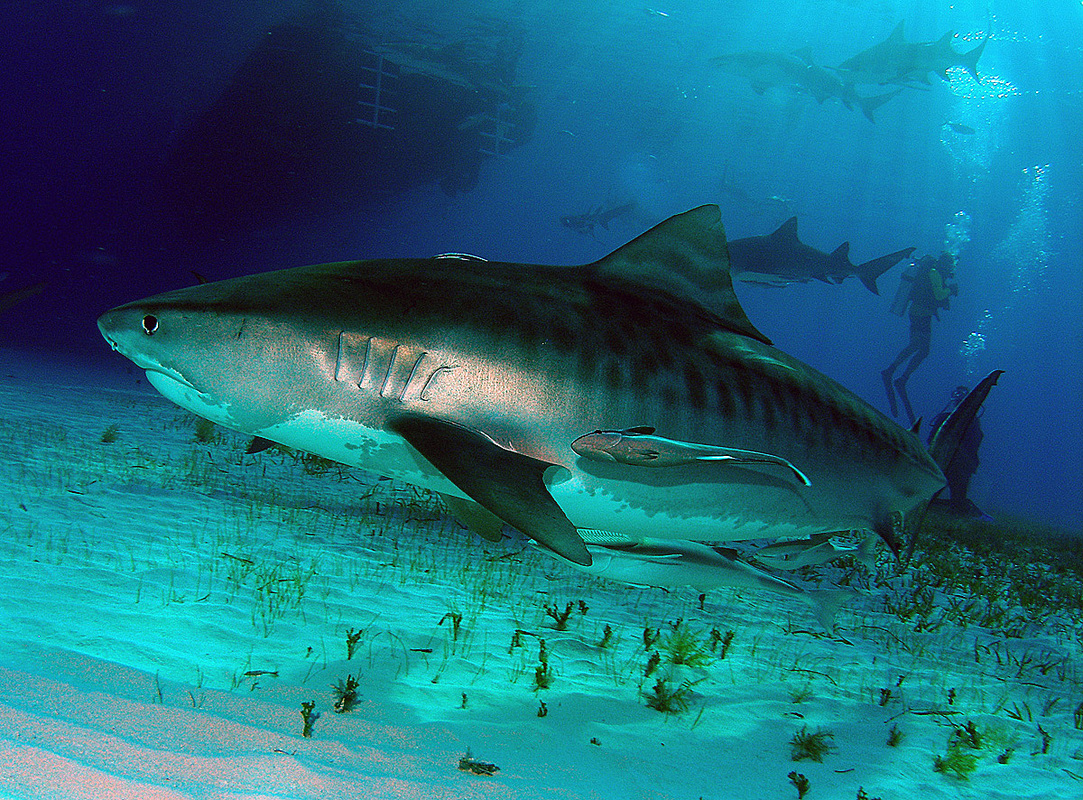
Chondrichthyes MarineBiology
In this contribution the checklist of chondrichthyans of Calabria (Central Mediterranean, southern Italy) is reported. Data presented is derived from twenty years of opportunistic and active surveys from 2000 to 2020. A total of 55 species of chondrichthyans is present in Calabrian seas: 33 sharks, 20 rays, and 2 chimaeras. These species represent approximately 62% of the total reported for.
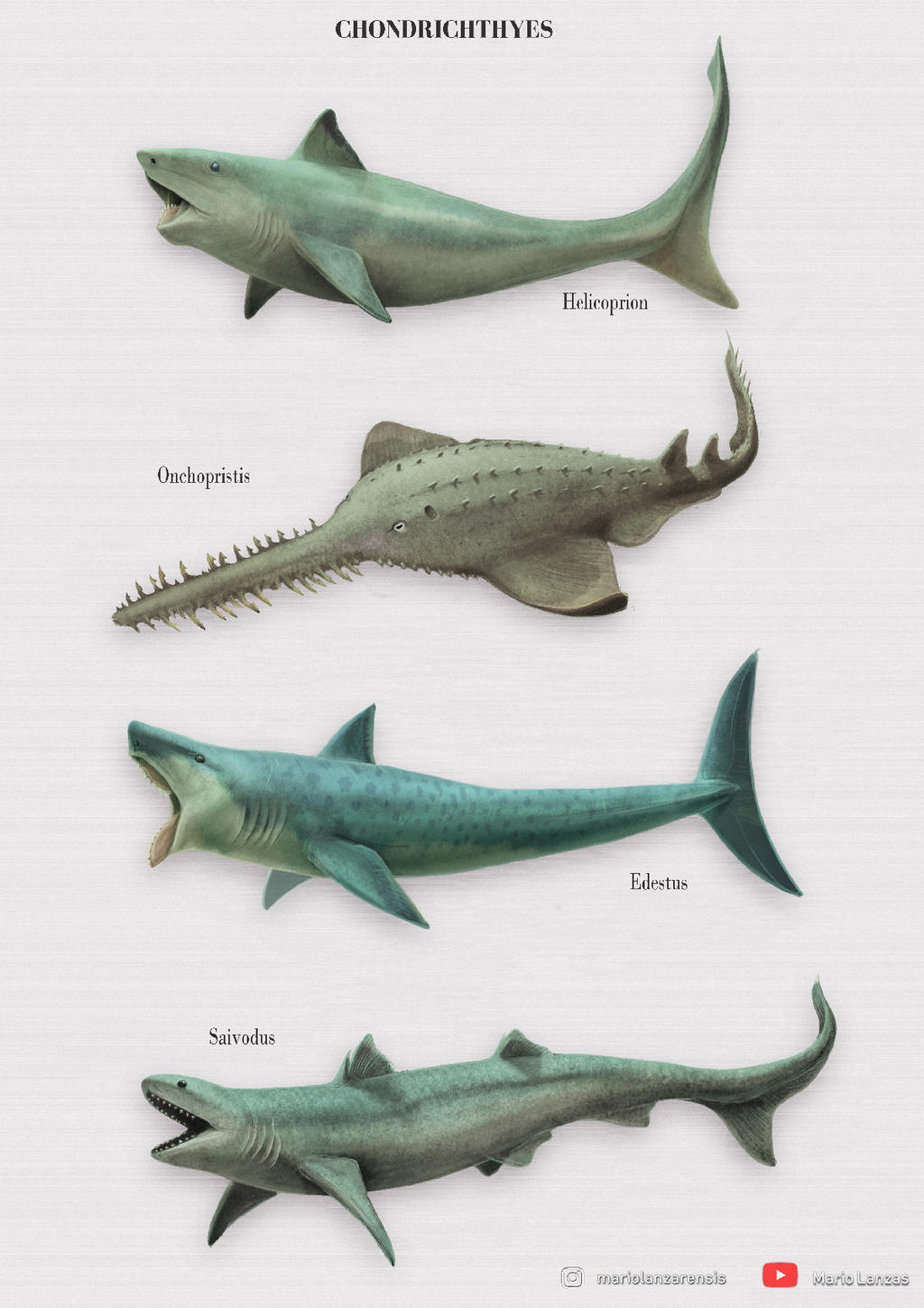
CHONDRICHTHYES by MarioLanzas on DeviantArt
Spatial variability of Chondrichthyes in the northern Mediterranean Maria C. Follesa 1, Martina F. Marongiu , Walter Zupa 2, Andrea Bellodi , Alessandro Cau1, Rita Cannas 1, Francesco Colloca 3, Mirko Djurovic 4, Igor Isajlovic 5, Angélique Jadaud6, Chiara Manfredi 7, Antonello Mulas 1, Panagiota Peristeraki 8,9, Cristina Porcu 1, Sergio Ramirez-Amaro 10, Francisca Salmerón Jiménez 11.